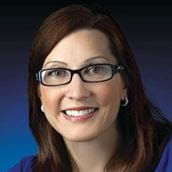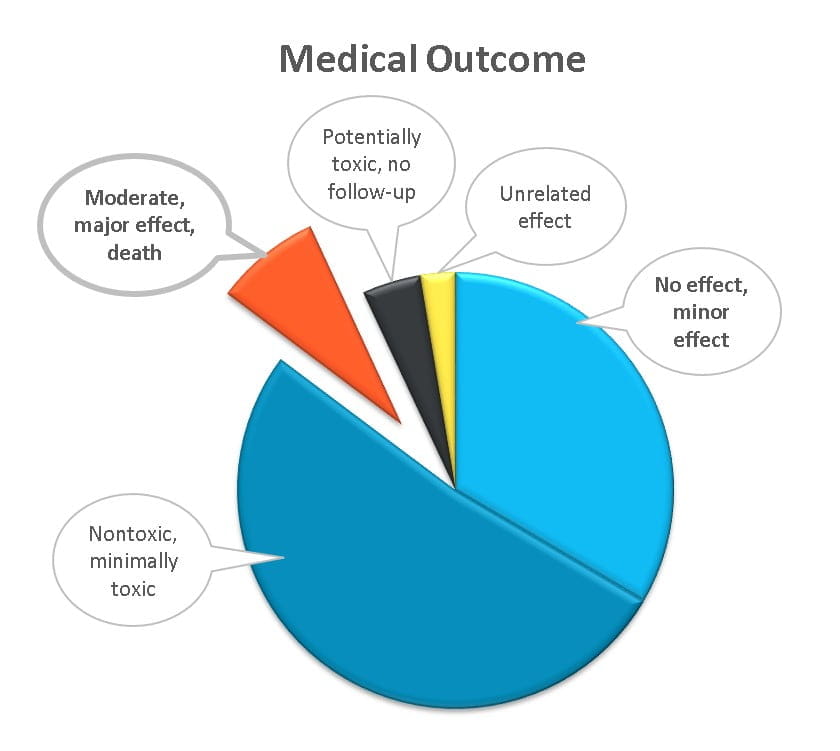
Is Afrin Addictive?
Afrin contains oxymetazoline, an ingredient that causes temporary nasal blood vessel narrowing. When used as directed, it reduces nasal congestion. Frequent use of oxymetazoline can cause worsening of nasal congestion after usage is stopped. Some people may continuously use Afrin to avoid these worsening symptoms, and this is often described as “Afrin addiction”.









